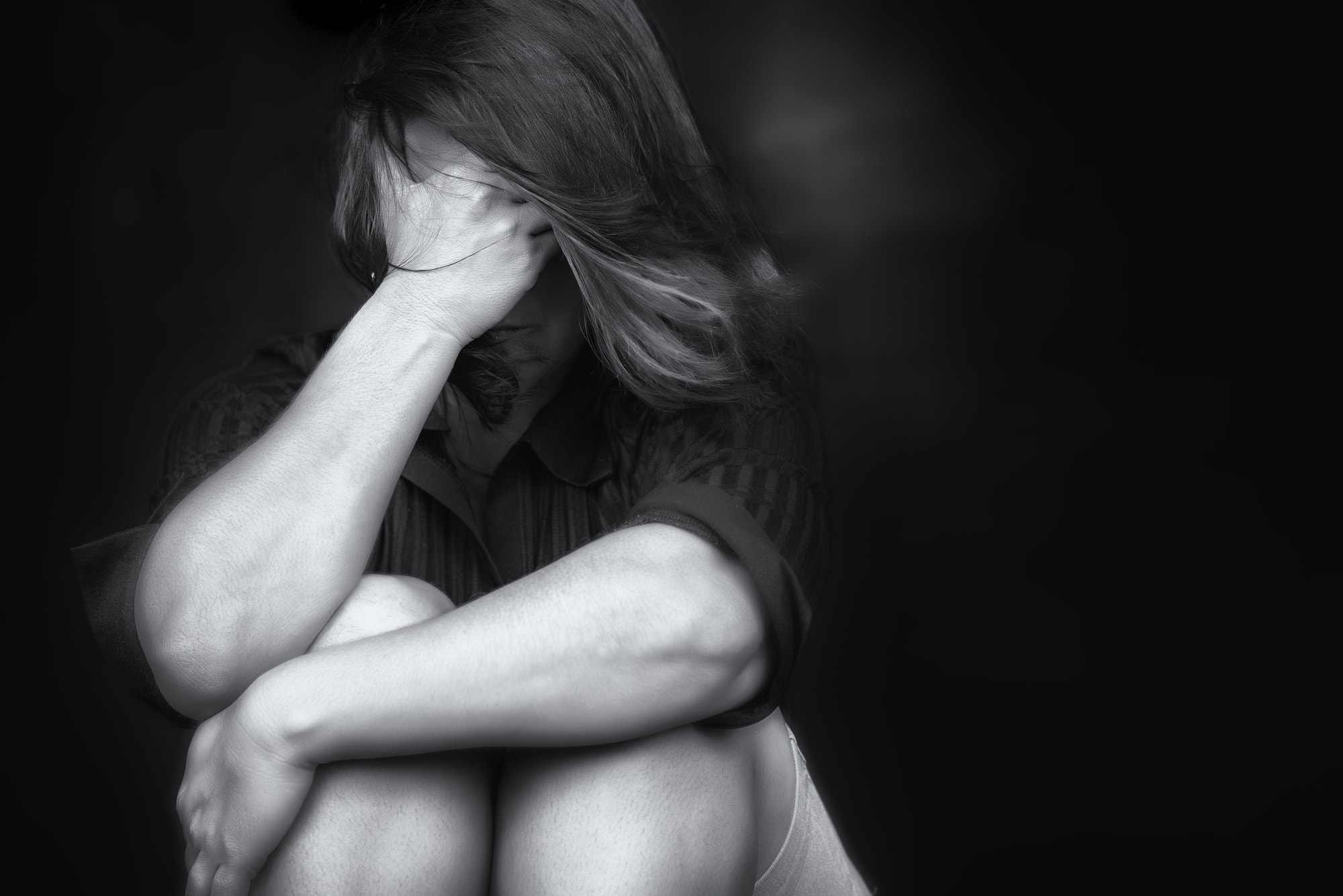Is It Domestic Violence If No Punches Are Thrown?

Lightweight boxing champion Gervonta Davis is facing domestic violence charges after a shocking video surfaced showing Davis forcefully grabbing his ex-girlfriend at a charity basketball game in Miami on February 1. Davis can be seen approaching the victim as she sits in the crowd, yanking her to her feet by her throat and forcibly leading her out of the arena. Charges were filed after investigators reviewed the 14-second video and met with both the victim and Davis.
In a since-deleted Instagram post, Davis acknowledged that he was “aggressive” with the woman but denied striking her. “I never once hit her,” Davis wrote. “Yea I was aggressive and told her come on … That’s the mother of my child. I would never hurt her.”
Davis’s case is proceeding through the criminal justice system, so we won’t comment further on this aspect of his case. But we do see a deeper issue at play here that we do want to address and it’s the continued misunderstanding that domestic violence only occurs when a punch is thrown.
Here is the truth: You do not need to be hit to be a victim of domestic violence.
What is domestic violence?
Using the law in our home practice state of New Jersey as an example, domestic violence is defined by the New Jersey Prevention of Domestic Violence Act to include nineteen separate crimes.
In New Jersey, any of the following are considered a crime of domestic violence:
- Assault (Notably, assault is the act of inflicting physical harm or unwanted physical contact upon a person or, in some situations, a threat or attempt to commit such an action.)
- Harassment
- Stalking (including Cyberstalking)
- Cyber Harassment, including online “revenge porn”
- Terroristic threats
- Kidnapping
- Criminal restraint
- False imprisonment
- Sexual Assault
- Criminal Sexual Contact
- Criminal Coercion
- Lewdness
- Robbery
- Criminal Mischief
- Burglary
- Criminal Trespass
- Crimes involving risk of death or serious bodily injury to anyone protected under the Prevention of Domestic Violence Act 1991
- Contempt of a Restraining Order
- Homicide
Who is a victim of domestic violence?
Another misunderstanding we see concerns who is covered by domestic violence laws. You do NOT need to be the spouse of your abuser to receive protection under domestic violence laws.
Again using New Jersey as our example, the law offering protection against domestic violence and domestic abuse applies to anyone over the age of 18 who has any of the following relationships with their abuser:
- Spouse or former spouse
- Current or former household member (i.e., an adult child)
- Current or former dating partner
- Biological or adoptive co-parent, including a prospective co-parent if either party is pregnant.
Do you need help?
If you are being physically or emotionally harmed in any way by a domestic abuser, it is not your fault and you can get help.
Available remedies include filing for a temporary restraining order (TRO) to give you an immediate path to safety. A TRO prohibits all contact with your abuser. You can file for one through the courts or at your local police station after hours.
At the same time, you can file for temporary spousal support and temporary child support to give you and your children money to live. You do not need to have contact with your abuser to obtain this money.
In an emergency situation, call 911. For local resources available to you, including shelters, call the NJ Domestic Violence hotline: 1 (800) 572-SAFE (7233) or National Domestic Violence hotline: 1-800-799-SAFE (7233).
If you need help with a domestic violence situation, we can help. Contact us today for an initial confidential consultation at 888-888-0919, or click the button below.
Schedule an initial Consultation



